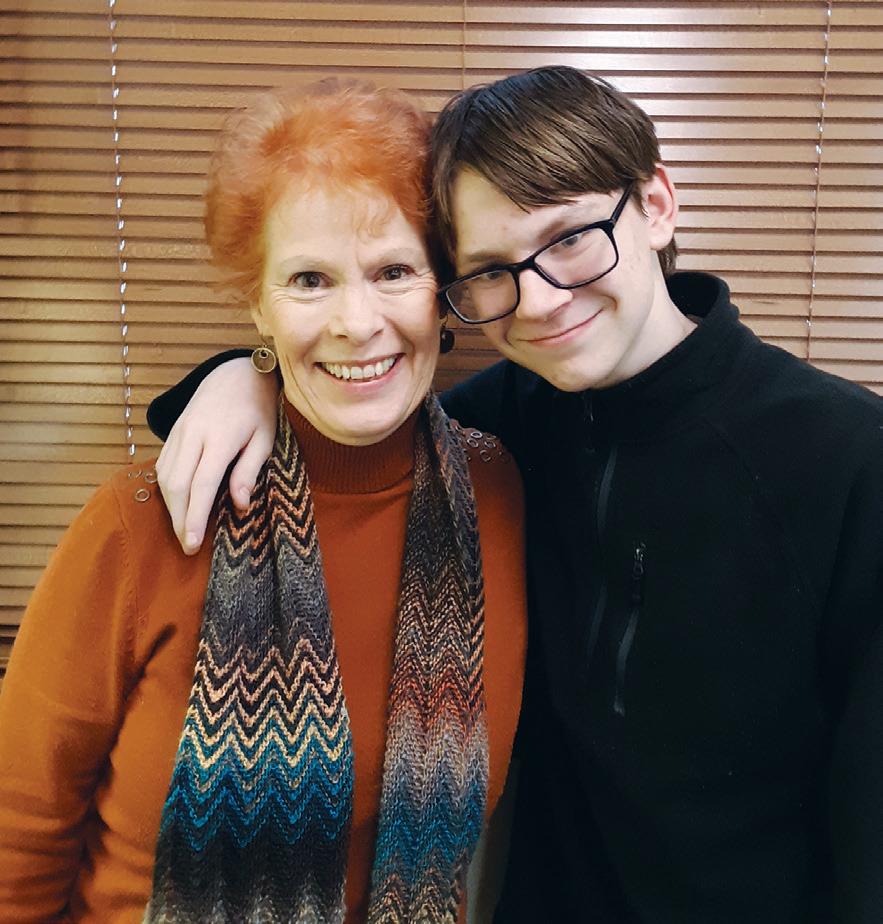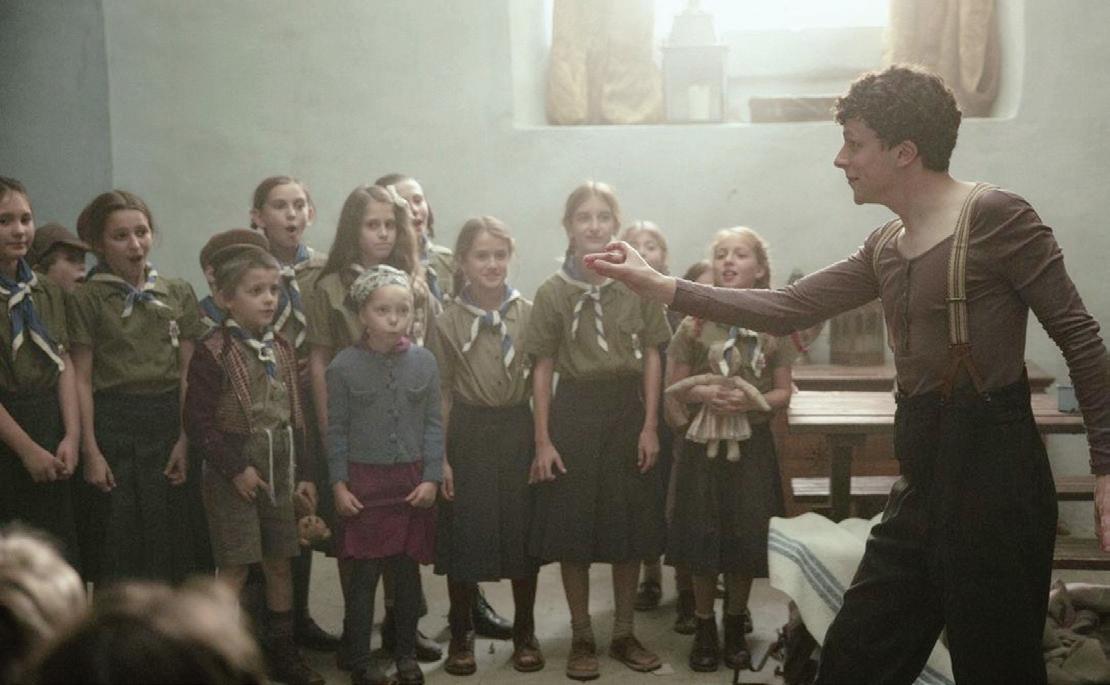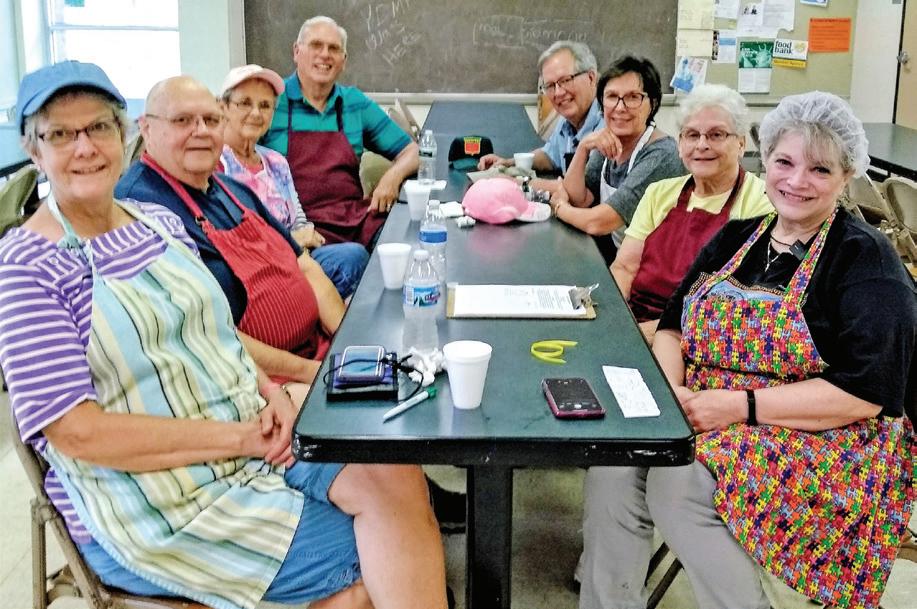
3 minute read
The Apology
Photo: Antonioguillem/stock.Adobe.com
When I offended my teenage grandson, God gave me the courage to ask for forgiveness. by Jeanette Levellie
Ihad one goal in mind when I visited my daughter, Kelli, for the weekend last summer: help her organize and declutter the kids’ rooms.
Kelli was a single mom of three. By the time she got home from work each night, making a meal and washing a load of laundry was all she could manage. If I could help her simplify her environment, life would be easier.
On Friday, while Kelli was at work, everyone was co-operative and happy. My promise to take the kids out to dinner when we were done might have helped sweeten their attitudes.
But when I wanted to finish 13-year-old Ben’s room the next day, he exploded.
“We got enough done last night!” he screamed. “Why are you being so pushy? Your visits are supposed to be fun!”
As calmly as I could, I tried to
explain that Kelli needed help and couldn’t do everything on her own, but he was having none of it. With tears streaming down his face, he stomped out the door.
Gathering Her Courage Now what? I thought. I tried to tidy up his room, but my heart wasn’t in it. Besides, I worried where Ben might have gone. Did he have his key with him? If I went looking for him, could he get back in the house?
I prayed, justifying my actions by my desire to help Kelli get organized. But the more I talked to God, the worse I felt. Finally, I listened. You are being too hard on Ben, the Holy Spirit whispered. He needs to learn responsibility, but you can’t just whiz in and expect him to learn everything in a few days.
Tears stung my eyes. I knew the Lord was right. I needed to find Ben and apologize. I gathered my courage, my purse and Ben’s two sisters. “Maybe he’ll be calmed down enough to agree to go to lunch with us,” I said as we got in the car.
When I spotted Ben at the playground around the corner, I rolled down the window. I tried to make my voice gentle and caring.
“Do you want to come to lunch with us, honey?” Ben nodded, walked to the car and got in. But the look he gave me could have wilted an oak tree.
“Please Forgive Me”
My voice soft and shaky, I said. “Ben, I was too harsh with you today. I realize I was expecting too much. Can you please forgive me?” Then I let myself cry.
To my surprise, Ben reached over and hugged me.
“I’m sorry, too, Grandma. I should not have snapped at you like I did.”
Lunch was punctuated with stories of my childhood and loud laughter. It could have turned out so differently. I was grateful for God’s mercy at work.
Heartfelt apologies are never easy. When we realize we’ve hurt or wronged someone, it feels uncomfortable—even downright scary—to

Jeanette Levellie with her grandson, Ben. “When I apologize, I like to think I’m passing on God’s example of mercy, “ she says
say, “I was wrong—please forgive me.” And that often involves admitting we’ve acted unkindly and then seeking forgiveness.
Passing Mercy On We all know that “love brings about the forgiveness of many sins” (1 Peter 4:8 Common English Bible). Still, we aren’t so sure it’s in an offended teenager’s heart to love us unconditionally. But they deserve our sincere apologies as much— sometimes more—than our adult friends, spouses and co-workers do.
I’m sure I’ll have many more opportunities to apologize to people I’ve hurt or wronged. But when I apologize, I like to think I’m passing on God’s example of mercy. And that changes everything.
(left) Author of five books and hundreds of published articles, Jeanette Levellie and her husband make their home in Paris, Illinois. Jeanette’s hobbies include spoiling her three grandchildren, pampering her cats and inventing new ways to avoid housework. Find her splashes of hope and humour at www.jeanettelevellie.com.




